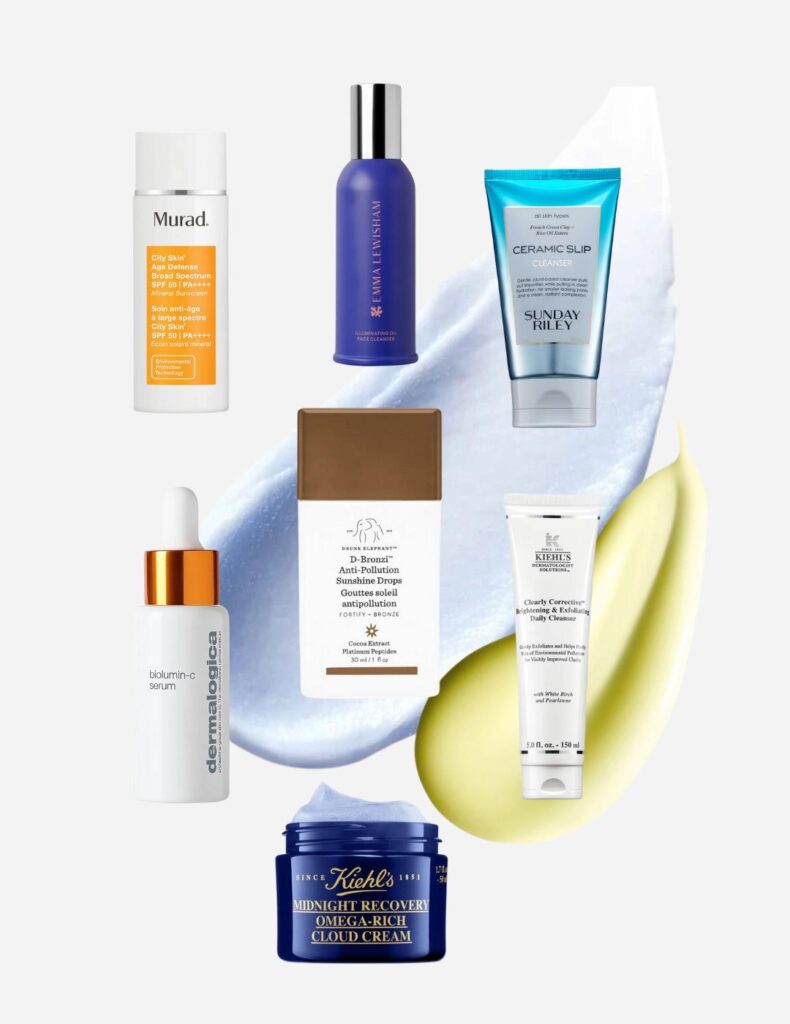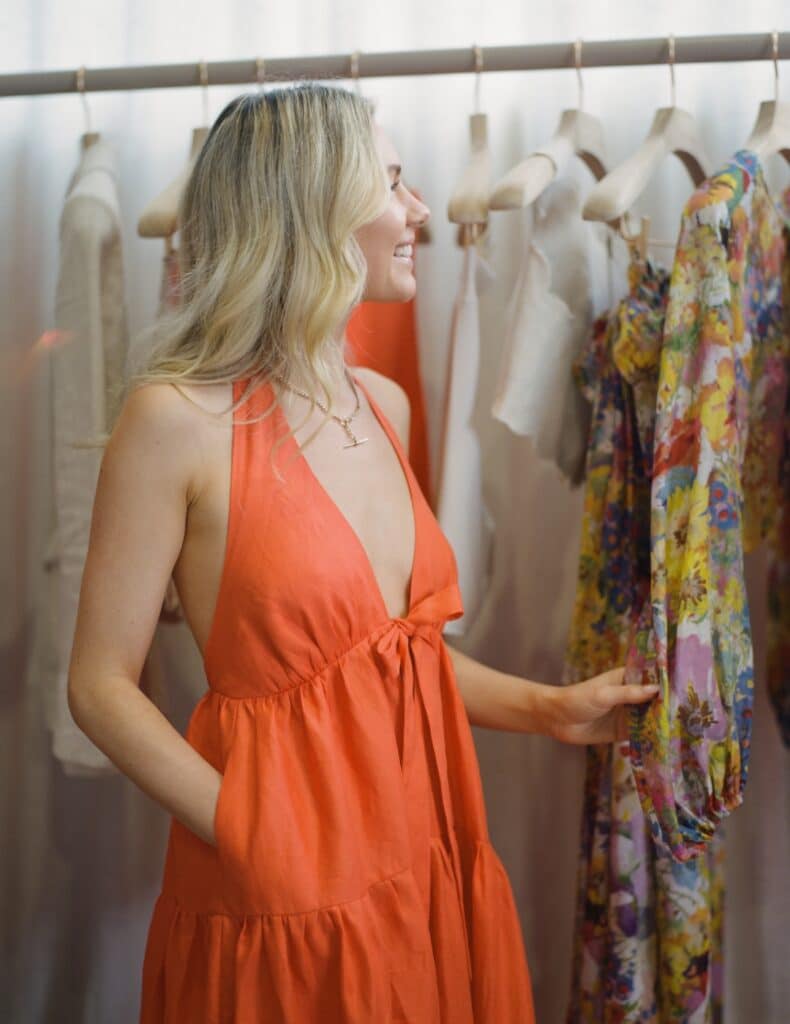
As the fashion industry navigates the global pandemic, it’s building a solid foundation from which to tackle the complexities of the climate crisis. Lockdowns here and around the world have had rapid and significant repercussions for our local fashion industry and the small to medium-sized businesses that make up much of our sector. In New Zealand, stores, workrooms and head offices temporarily closed, and manufacturing virtually ground to a standstill. Stock is currently sitting on racks as we move through spring, the production of summer collections faces long delays, and there’s uncertainty about what customers will be looking for when we do move out of lockdown.
But if Covid has taught our local industry anything, it’s how to adapt quickly and become more resilient. We’ve seen many examples of businesses trying new ways to bring their products to market. Ruby started selling sewing patterns, Ingrid Starnes developed a pre-order model, and others are increasing their local production or choosing materials that are readily available, rather than waiting for ships to eventually reach port. For some, this has been about using old-season stock once deemed ‘waste’, while others have sourced from local suppliers for the first time in years.
Beyond the immediate reality of Covid, we’re facing another significant global challenge — climate change. The extreme weather we’ve seen around the world in the past 18 months has been confronting and frightening — unprecedented heat waves in the northern hemisphere summer; wildfires in Australia, the US, Turkey and Greece; flooding in China, Germany and here in New Zealand. These events have reminded us of the vulnerability of our planet, and there’s a growing realisation that we need to take care of it. With overconsumption and the resulting waste considered one of the main drivers of climate change, it’s becoming more obvious that we need to address the way we buy and use things. This cycle simply can’t be maintained by our planet.
Few industries demonstrate the huge cultural shift underway better than fashion, both in what we wear and how we buy. Our clothes have always reflected the times we live in, as well as our values and aspirations, so the focus on comfort and casualisation — think trainers, organic cotton track pants and looser-fitting styles in general — isn’t surprising when we’re working from home during a global pandemic.
How we buy is changing too. In New Zealand, 70 percent of us want to do the right thing sustainability-wise when we shop. When it comes to making purchasing decisions, we’re most concerned about waste, and we’re starting to avoid products with excessive packaging. In fact, New Zealand leads Australia and the UK in being engaged in sustainability — it’s something that’s hugely important to many of us. As we make our way through the pandemic, buying more mindfully is number two on a list of behaviours Kiwis expect to change.
It stands to reason that we’d be concerned about waste. It’s a visual representation of the impact of our choices and an obvious place for intervention. With the planet’s resources already stretched, why would we want to waste valuable materials on short-life items, only to chuck them in the bin? That’s a good question, and one both consumers and the fashion industry are grappling with.
Many of us are starting to rethink things, and there’s a growing realisation that just because we might no longer have a use for something, it doesn’t mean it’s waste. The resale market is growing rapidly and expected to hit 44 percent of retail sales by 2025, largely driven by Gen Y and Z, who are seeking unique, low-cost options that have a reduced carbon footprint. In New Zealand, people in this age group have a strong sense of urgency to take action against climate change.
Savvy shoppers are now buying with items’ next life in mind, choosing high-quality items and reselling them for someone else to enjoy when they’re ready. This subtle shift towards sharing not only makes financial sense — wearing clothes for longer is the not-so-secret weapon for combatting their carbon footprint. UK research shows continuing to actively wear a garment for just nine months more than usual could reduce its environmental impact by 20–30 percent.
Waste is a top priority for many local fashion brands and they’re repurposing it in creative ways. Standard Issue and Untouched World turn their natural-fibre offcuts into insulation products; Kate Sylvester recently released a collection of garments designed by staff and made from the brand’s end-of-line fabrics.
Some local designers are building their brands on reimagining waste. Cirkel Life makes kidswear from garments that have reached the end of their useful life; Goat Loft transforms discarded materials from signage into functional products such as bags, using a slowed down bespoke production process in contrast to the fast model that has led to textile-waste issues.

Businesses are quickly developing the skills needed to adapt, and using them to trial strategies that address key challenges in creative ways. I’m optimistic that this is just the beginning. As summer beckons, I’m filled with joy and hope. We’ve learned how to make do with less during lockdown, but we’re very much looking forward to getting out of our 24/7 track pants and out of the house again!
This article was originally published in Fashion Quarterly Summer 2022.










